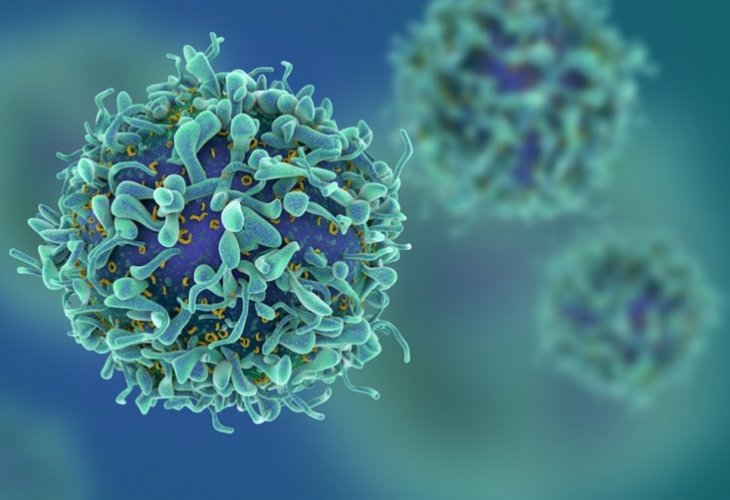Significant Breakthrough: New Treatment Leads to Recovery of Dozens of Terminal Patients
A genetic engineering treatment significantly aids cancer recovery, with trials to date resulting in the healing of many terminal patients for whom other treatments were ineffective.
 (photo: shutterstock)
(photo: shutterstock)A genetic engineering treatment, which until now has been successfully trialed only in clinical settings, is set to become an approved treatment for many patients. This marks a significant advancement in the treatment of leukemia and lymphoma.
Last weekend, an expert panel recommended to the U.S. Food and Drug Administration (FDA) that the genetic treatment for cancer should be approved for the first time. It is expected that the agency will soon approve the treatment for patients, with a recommendation to approve it for individuals aged 3 to 25.
The treatment, currently intended for leukemia and lymphoma patients, is produced by the international pharmaceutical company 'Novartis'. For now, it will not replace chemotherapy or other drug treatments, but will be offered only to patients who did not recover after undergoing 'standard' treatments.
The genetic treatment works as follows: First, T-type white blood cells are extracted from the patient, frozen, and sent to a specialized lab. In the lab, a gene capable of recognizing the cancer is inserted into these cells, effectively 'reprogramming' them. The engineered cells are then frozen again, sent back to the hospital, and reintroduced into the patient's body, where they multiply in the bloodstream and eliminate the cancerous cells.
One of the biggest advantages of the genetic treatment is that a single dose can result in long-term regression of the cancer or even complete recovery. The trials to date have led to the recovery of dozens of terminal patients for whom other treatments were ineffective. However, one downside of the treatment is that it comes with severe side effects, ranging from high fever and severe flu to hospitalization in intensive care.
In Israel, the procedure can be performed at the Sheba Medical Center as part of a clinical trial. To date, 17 patients have been treated at Sheba using genetic engineering - about half of them children and half young adults. The success rates stand at 80% for leukemia and 60% for lymphoma.
Pharmaceutical companies are currently working on finding ways to adapt genetic treatment to other types of cancer, such as multiple myeloma and aggressive brain cancer.

